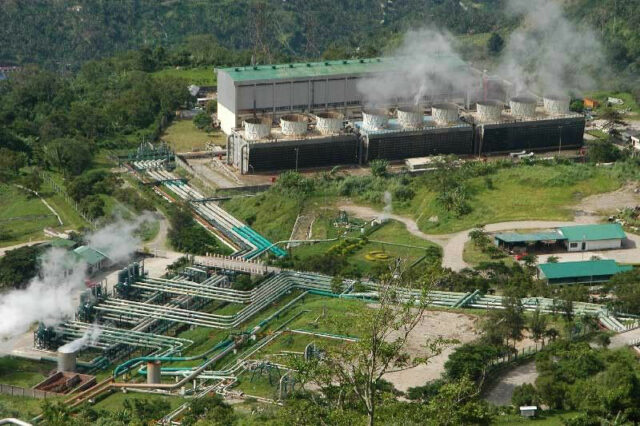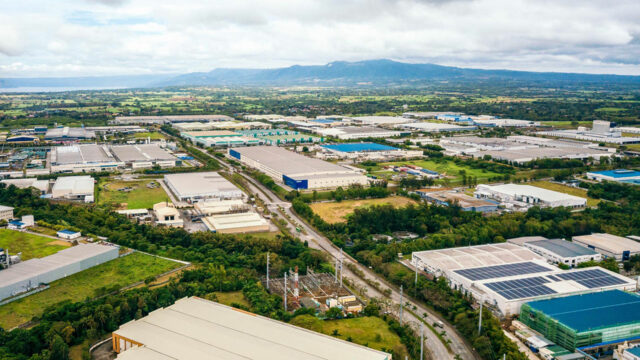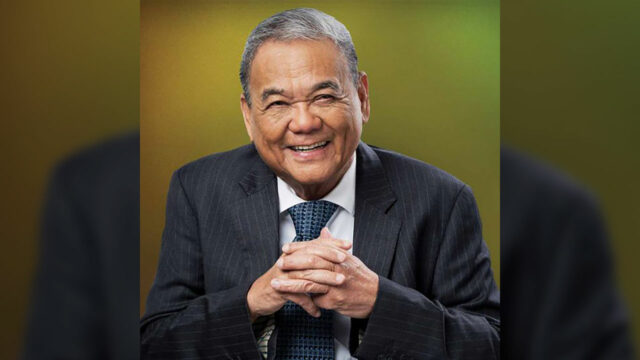Global public debt to top $100 trillion this year; growth to accelerate — IMF

WASHINGTON — The world’s total public debt is set to exceed $100 trillion this year for the first time and may grow more quickly than forecast as political sentiment favors higher spending and slow growth amplifies borrowing needs and costs, the International Monetary Fund (IMF) said on Tuesday.
The IMF’s latest Fiscal Monitor report showed global public debt will reach 93% of global gross domestic product by the end of 2024 and approach 100% by 2030. That would exceed its 99% peak during COVID-19. It would also be up 10 percentage points (ppts) from 2019, before the pandemic exploded government spending.
Released a week before the IMF and World Bank hold annual meetings in Washington, the Fiscal Monitor said there are good reasons to believe future debt levels could be well higher than projected, including a desire to spend more in the US, the world’s largest economy.
“Fiscal policy uncertainty has increased, and political red lines on taxation have become more entrenched,” the IMF said in the report. “Spending pressures to address green transitions, population aging, security concerns and long-standing development challenges are mounting.”
CAMPAIGN SPENDING PROMISES
The IMF’s concerns about rising debt levels come three weeks before a US presidential election in which both candidates have promised new tax breaks and spending that could add trillions of dollars to federal deficits.
Republican presidential candidate Donald Trump’s tax cut plans would add some $7.5 trillion in new debt over 10 years, more than twice the $3.5 trillion added from the plans of Vice-President Kamala Harris, the Democratic nominee, according to central estimates by the Committee for a Responsible Federal Budget (CRFB), a budget think tank.
The report finds that debt projections tend to underestimate actual outcomes by sizeable margins, with realized debt-to-GDP ratios five years ahead averaging 10% higher than originally forecast.
And debt could be further increased significantly by weak growth, tighter financing conditions and greater fiscal and monetary policy uncertainty in systemically important economies such as the US and China. The report includes a “severely adverse scenario” involving these factors that shows global public debt could reach 115% in just three years, 20 ppts higher than projected.
SPENDING BRAKES
The IMF repeated its calls for more fiscal consolidation, saying the current environment with solid growth and low unemployment was an opportune time to do so. But it said current efforts, averaging 1% of GDP over the six years from 2023 to 2029, are insufficient to reduce or stabilize debts with a high probability.
A cumulative tightening of 3.8% would be needed to achieve this goal, but in the US, China and other countries where of GDP is not forecast to stabilize, substantially greater fiscal tightening would be needed.
The US this month is expected to report a fiscal 2024 deficit of about $1.8 trillion, or more than 6.5% of GDP, according to the Congressional Budget Office.
It said the US and other countries where debt is projected to keep growing, including Brazil, Britain, France, Italy and South Africa, could face costly consequences.
“Postponing adjustment will only mean that a larger correction is needed eventually, and waiting can also be risky, because past experience shows that high debt and lack of credible fiscal plans can trigger adverse market reactions and can limit the room that countries have to deal with future shocks,” said Era Dabla-Norris, the IMF’s deputy fiscal affairs director.
She said cuts in public investment or social spending tend to have a much larger negative impact on growth, than more poorly targeted subsidies such as for fuel. Some countries have room to broaden their tax bases and improve the efficiency of tax collections, while others can make their tax systems more progressive by taxing capital gains and income more effectively, Ms. Dabla-Norris said. — Reuters














